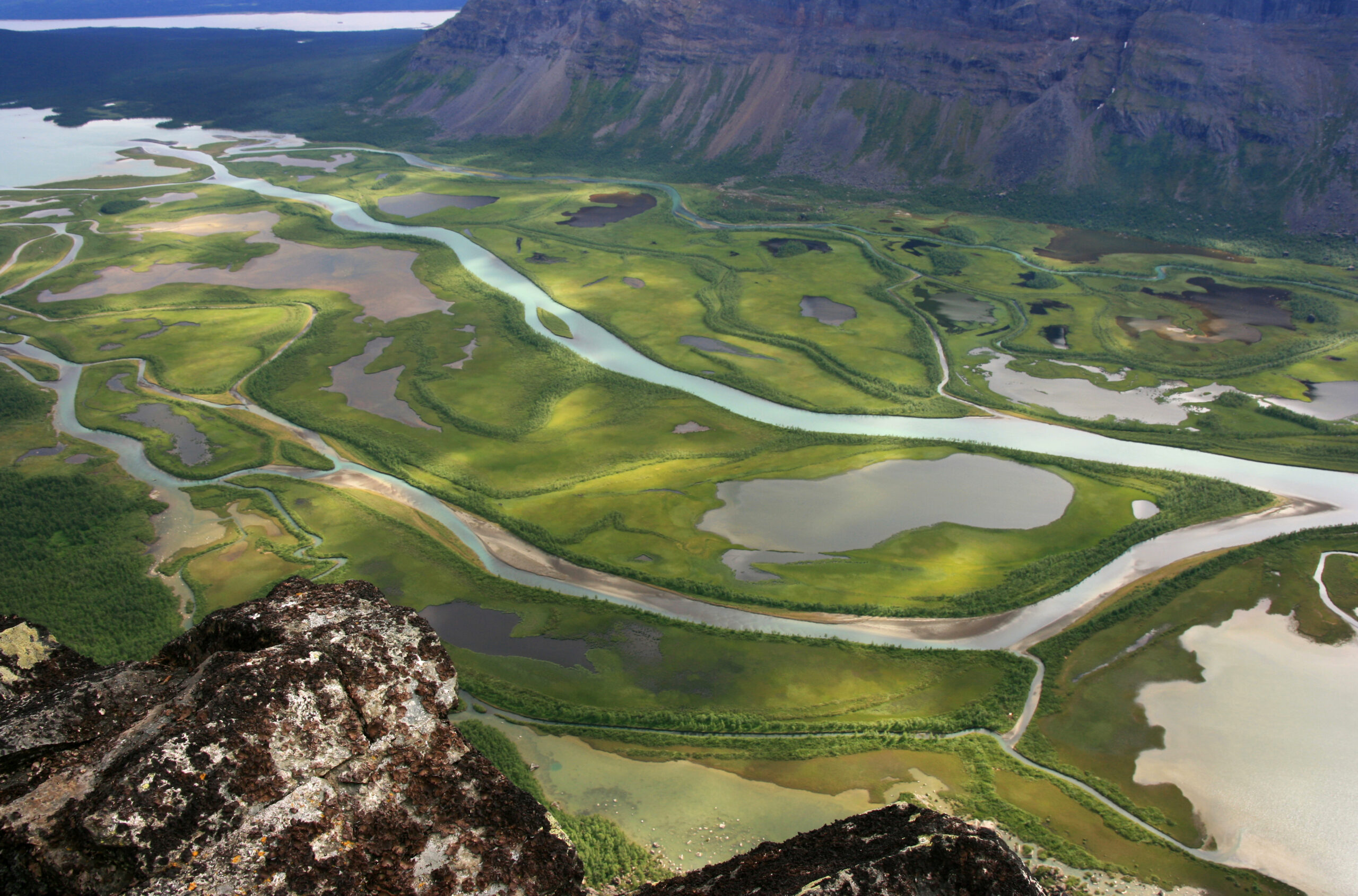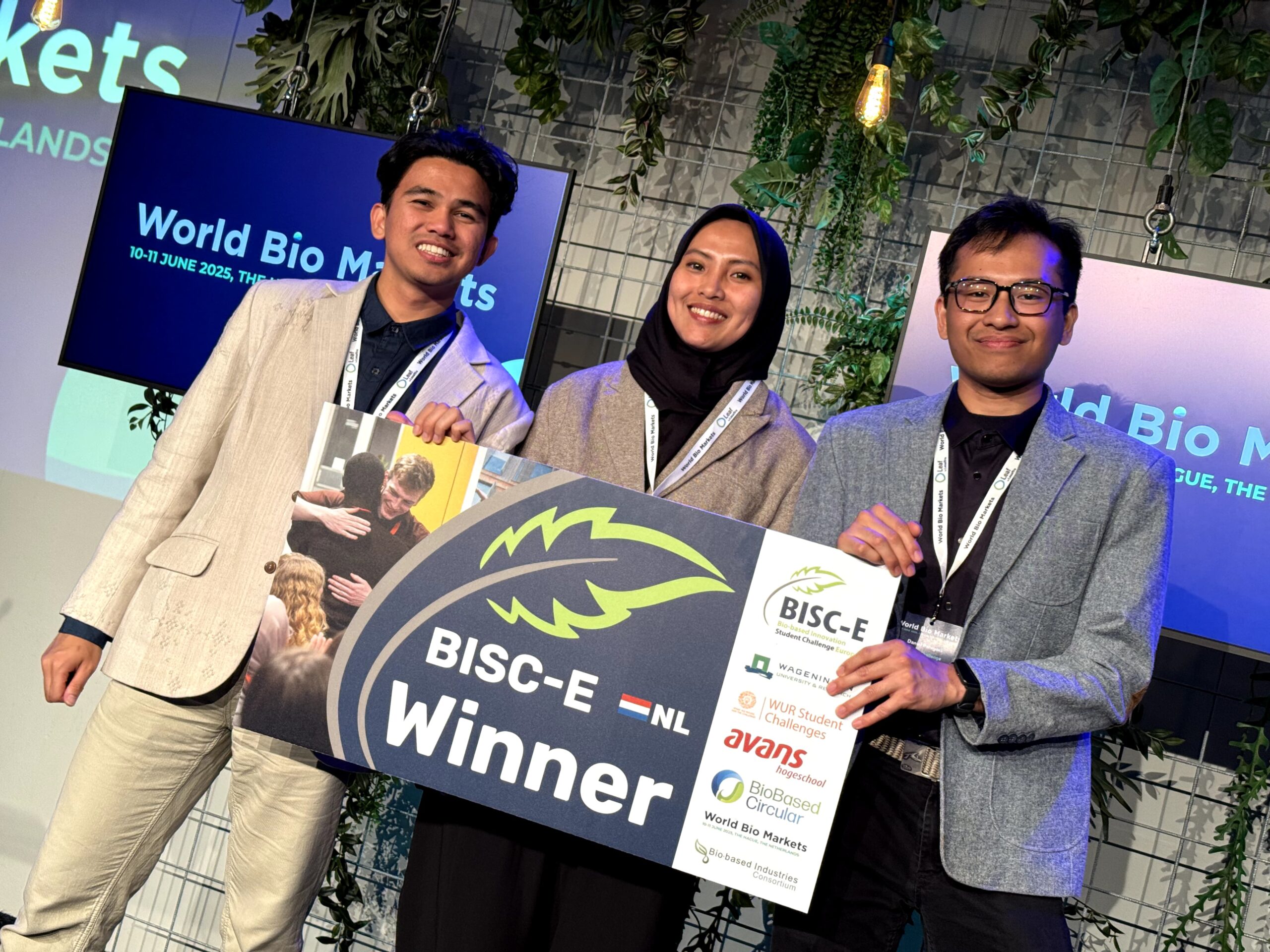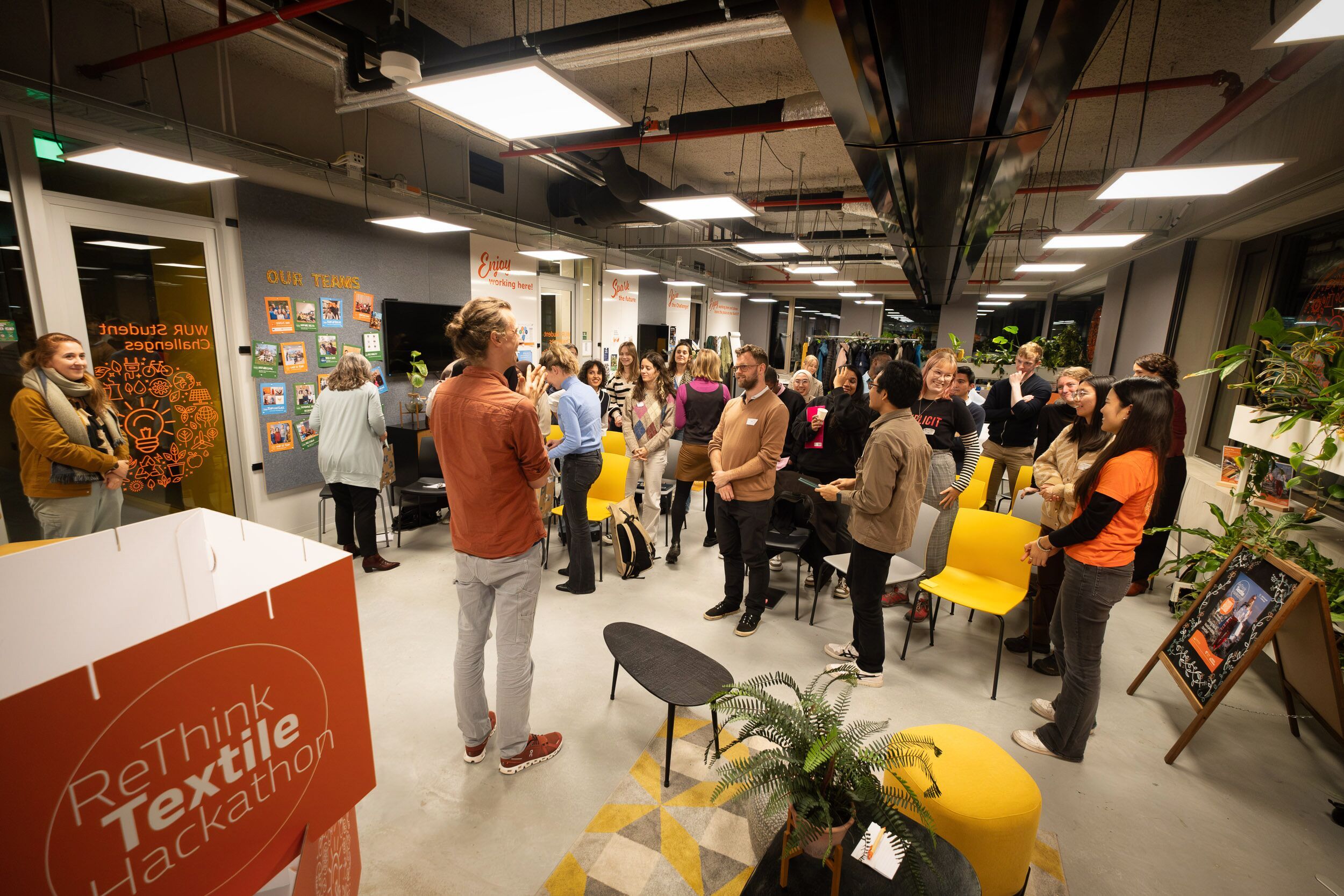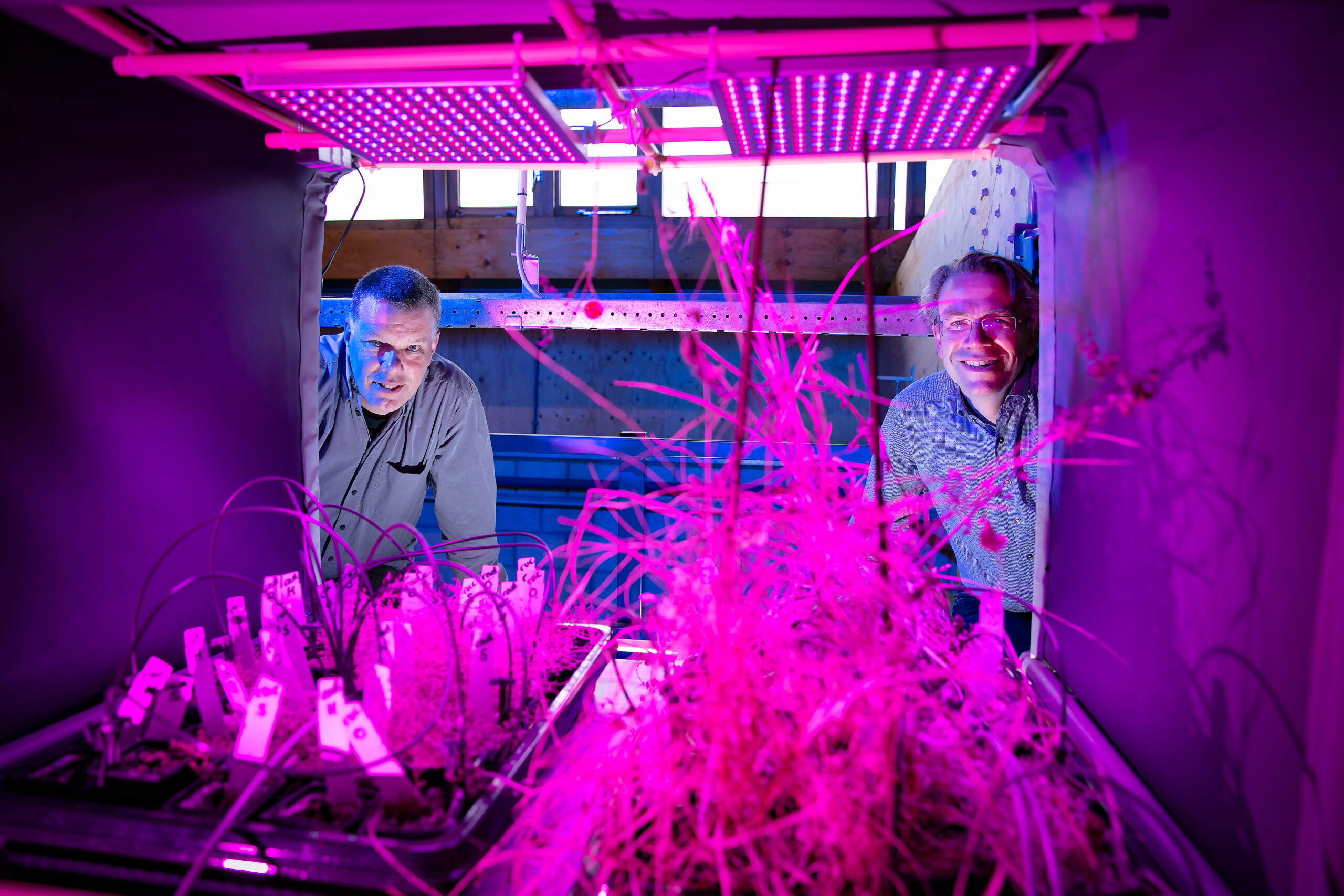The challenges focus on so-called nature-based solutions: using nature to solve challenges at a landscape level.
The Zandmotor (sand motor) is an example of such a solution. Here, a sandbank has been deposited by the sea. Wind, waves and tides deposit sand on the coast, fortifying it. ‘This is an entirely different approach’, Marta Eggers, the WUR Student Challenges project leader, states. ‘Humans are accustomed to controlling nature for our purposes. Nature-based solutions require an entirely different approach: what are our goals, and how can we achieve them by working with nature?’
The announced new challenges also mean the current Urban Greenhouse Challenge is ending. This challenge is currently in its last leg. ReThink Protein won the second and latest challenge last summer. ‘Topics such as the protein transition have become mainstream’, says Eggers. ‘The nature-based solutions concept has not yet reached that stage, and we hope to contribute to making it mainstream through these challenges.’
Local impact
The first challenge begins on 22 February and will continue until November. Registration is open until 13 April. ‘This challenge is set up differently from the previous Student Challenges’, says Mirjam Troost, WUR Student Challenges project leader. ‘There is an increased focus on local impact. Participating teams design a local nature-based solution. The eight best designs are selected by a jury, and these teams are awarded 2500 euros and coached by experts to implement their plan. The team whose plan is implemented best, wins.’
Like the challenges that came before, the nature-based solutions challenges will be international. International youth organisations and Evi Vet, UN youth representative for Biodiversity and Nutrition, will organise the kick-off with lecturer Tim van Hattum. In addition to Van Hattum, WUR experts Liesje Mommer, Cora van Oosten and Ivo Demmers are also involved. ‘Thus, we want to introduce the domain of nature-based solutions to students across the globe.’
Deltas
The second challenge, planned for the 2023/2024 academic year, will be different. ‘There, the focus is on a future perspective for deltas’, says Rio Pals (manager WUR Student Challenges). ‘Consider, for example, Tim van Hattum’s map of the Netherlands in 2120 that focuses on nature-based solutions. Participants design a long-term perspective and then zoom in on a specific area within the landscape where they intend to take a first step towards achieving that perspective within five years.’
‘The focus is on deltas because that is where a large part of the world’s food is produced and where many people live’, Pals says. ‘At the same time, deltas are vulnerable to the effects of climate change. There are many challenges.’
Click here for more information on the first Nature-Based Solutions Challenge.

 Delta river. Photo Shutterstock
Delta river. Photo Shutterstock 

